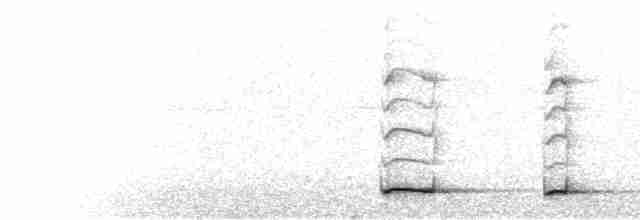Pale-billed Antpitta Grallaria carrikeri Scientific name definitions
- LC Least Concern
- Names (19)
- Monotypic
Text last updated March 16, 2012
Sign in to see your badges
Species names in all available languages
| Language | Common name |
|---|---|
| Catalan | xanca becclara |
| Dutch | Bleeksnavelmierpitta |
| English | Pale-billed Antpitta |
| English (United States) | Pale-billed Antpitta |
| French | Grallaire de Carriker |
| French (France) | Grallaire de Carriker |
| German | Blassschnabel-Ameisenpitta |
| Japanese | ハシジロジアリドリ |
| Norwegian | bleknebbmaurpitta |
| Polish | kusaczka jasnodzioba |
| Russian | Светлоклювая питтовая муравьеловка |
| Serbian | Svetlokljuna mravlja pita |
| Slovak | húštinár bledozobý |
| Spanish | Tororoí de Carriker |
| Spanish (Peru) | Tororoi de Pico Pálido |
| Spanish (Spain) | Tororoí de Carriker |
| Swedish | vitnäbbad myrpitta |
| Turkish | Carriker Yerçavuşu |
| Ukrainian | Мурашниця червоноока |
Grallaria carrikeri Schulenberg & Williams, 1982
Definitions
- GRALLARIA
- grallaria
- carrikeri
The Key to Scientific Names
Legend Overview
Introduction
High on the ‘wish list’ of many Neotropical birders is an encounter with the comparatively recently described Pale-billed Antpitta. This antpitta is a stunning, uncommon and difficult-to-see Peruvian endemic, which is found only in the north central Andes at 2350-2900 m. Aside from the unusual ivory-colored bill and red irides, the Pale-billed Antpitta has a black face and throat, very dark brown crown and back, becoming dark chestnut over the wings and tail, and slate gray underparts. The song is a six-note series of low hoots. It prefers areas occupied by dense stands of Chusquea bamboo. The species’ diet is highly fixed on arthropods, although its foraging behavior has yet to be documented. Despite its rarity, a single nest of the species has been found; this was described as a shallow cup of sticks and decaying leaves placed on a fallen tree trunk. Its scientific name pays homage to the achievements of one of the most outstanding collectors of Neotropical birds, and their mallophaga, Mel Carriker.

- Year-round
- Migration
- Breeding
- Non-Breeding


























